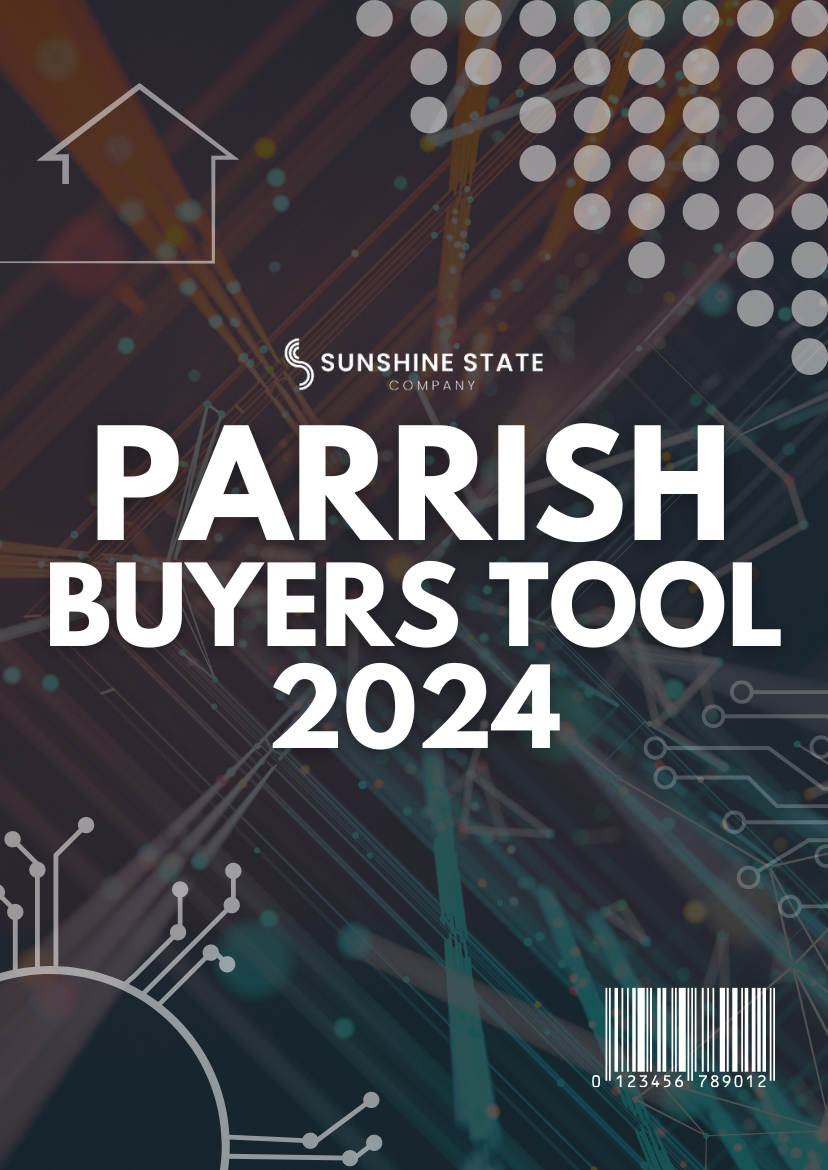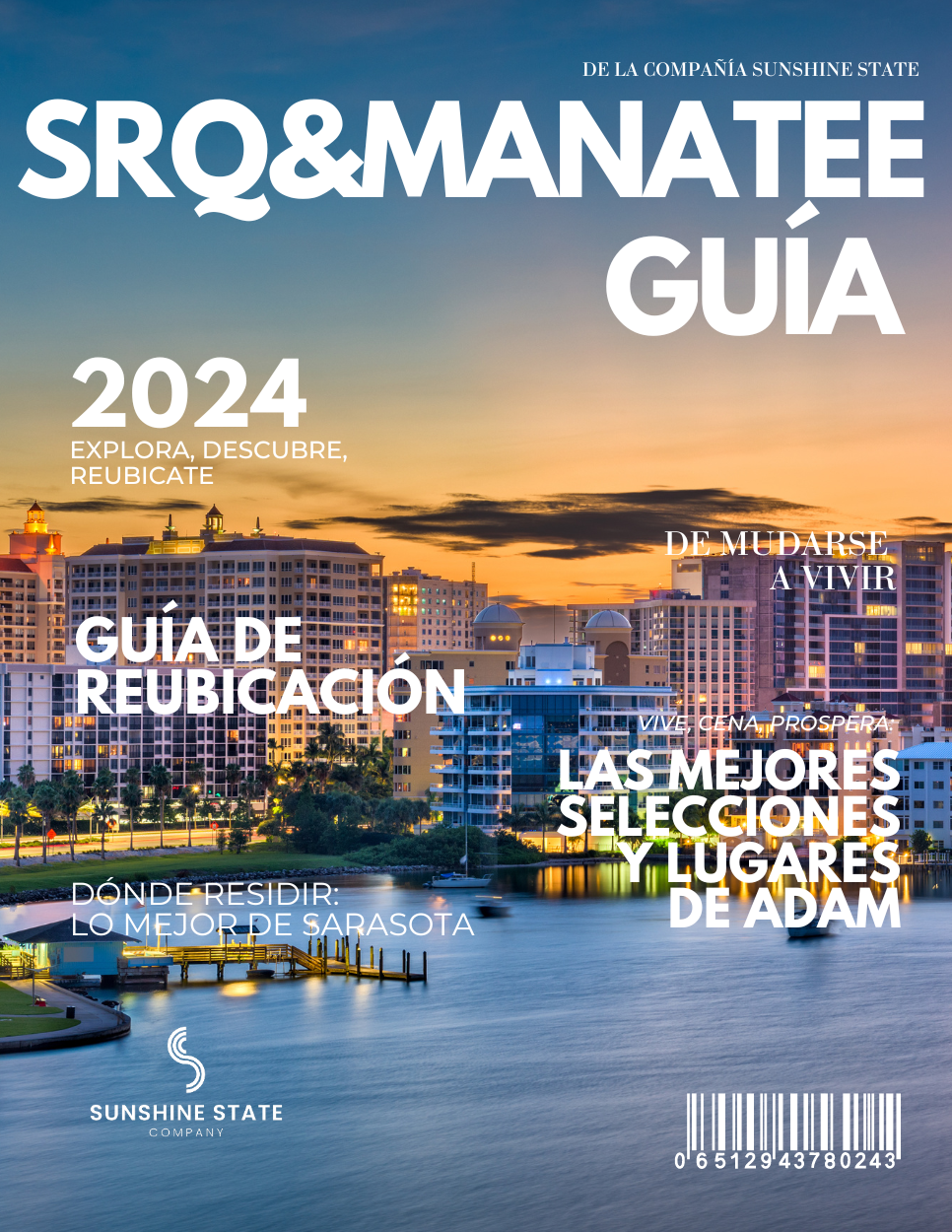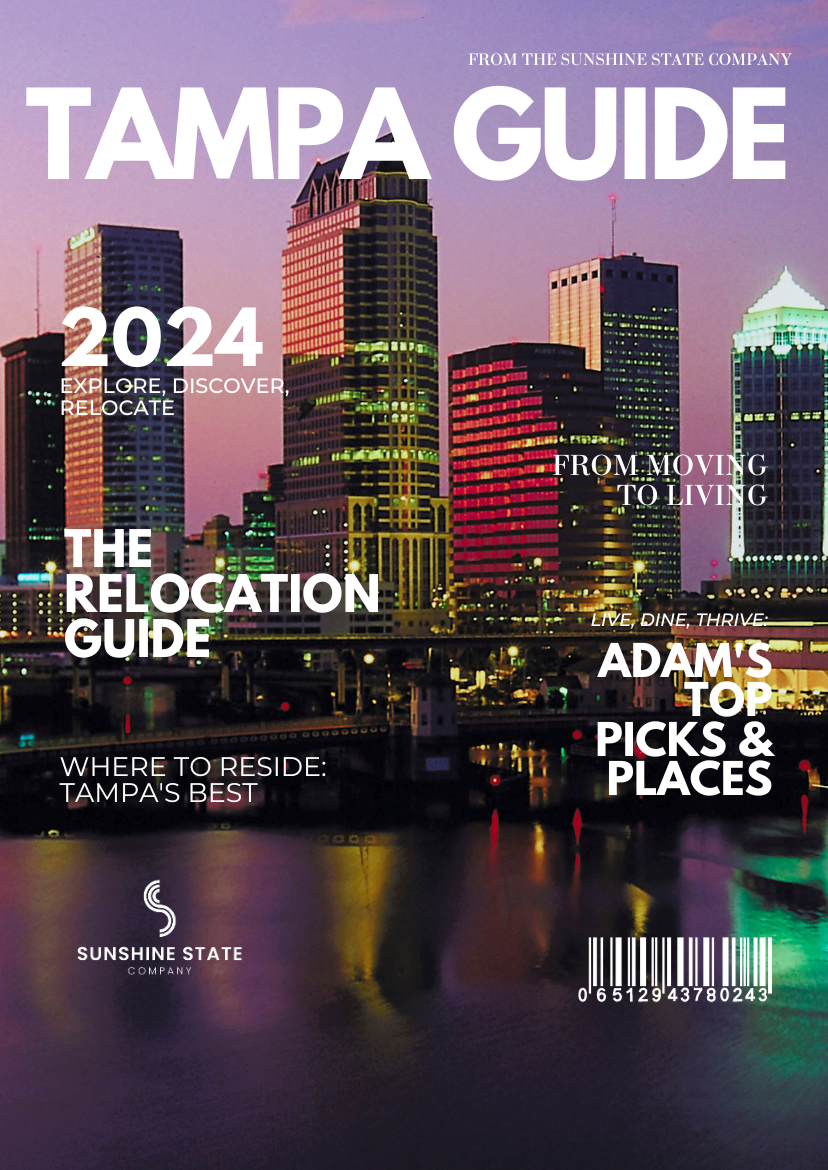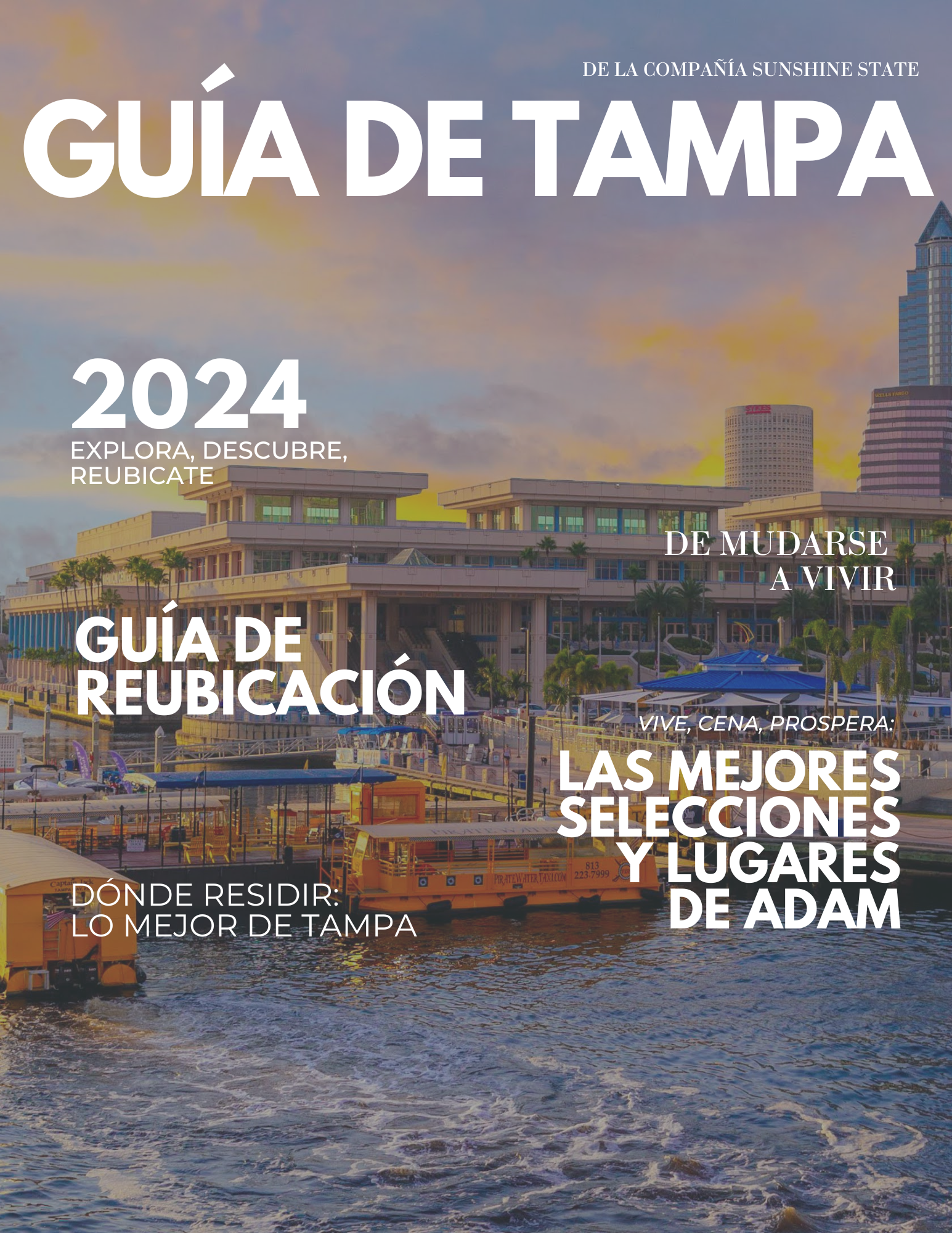cost of living in downtown sarasota florida [2025]
Table of Contents:
- Introduction
- Housing Costs
- Property Taxes
- Utilities
- Insurance Costs
- Groceries, Dining & Entertainment
- Transportation and Parking
- Final Thoughts
Introduction
Downtown Sarasota is where city energy meets coastal charm. It's walkable, packed with restaurants, arts, and bayfront views, and it draws everyone from retirees and professionals to second-home owners. Living here isn’t exactly budget territory, but it’s also not out of reach for many. It’s just important to know what things really cost before you make the move.
In this blog, we’re breaking down what it’s like financially to live in the heart of Sarasota. From housing and taxes to utilities, dining, and even transportation, we’ll walk through what to expect — with fair comparisons to places like Siesta Key, Lakewood Ranch, and Longboat Key where it helps.
Housing Costs
Housing downtown is mostly condos, ranging from small, older units in the $300Ks to newer high-rises with bay views well over $1 million. Single-family homes are rare but exist in nearby neighborhoods like Laurel Park and Gillespie Park, often starting around $600K. Inventory tends to be tight and demand is steady, so prices hold strong.
If you’re renting, expect $2,000–$2,500 a month for a one-bedroom in a modern building. Two-bedrooms often push into the $3,000+ range. Compared to Lakewood Ranch, you’re paying more for location and walkability. Versus Longboat Key or Siesta Key, it’s similar — but with far more year-round availability and a more full-time vibe.
Property Taxes
Sarasota property taxes are around 1%–1.1% of your home’s assessed value. So on a $900K condo, expect to pay roughly $9,000–$10,000 per year. It's similar to Longboat Key or Lakewood Ranch, but downtown home values make the bills feel steeper.
Full-time residents can file for the Homestead Exemption, which offers some savings and caps yearly assessment increases. There are no CDD fees downtown (unlike Lakewood Ranch), but city taxes are a touch higher than unincorporated areas — not by much, but worth noting in your budget.
Utilities
Utility costs are about what you’d expect in Florida. Electric bills average $150–$200 a month depending on condo size and A/C use. Water, sewer, and trash usually add another $50–$100. Some condos include these in HOA fees, so check when comparing buildings.
Internet is typically $60–$100 depending on the plan. Overall, downtown utility costs are very similar to what you'd pay anywhere else in Sarasota — no major “downtown markup,” but no huge savings either. Efficiency often depends on the building's age and updates.
Insurance Costs
Homeowners insurance in downtown Sarasota varies. Condos typically require HO-6 “walls-in” policies, which are cheaper (a few hundred per year), while the building carries a master policy covered in HOA fees. Single-family homeowners pay more — often $3,000–$6,000 annually, especially in older homes.
Flood insurance is only required in specific zones but can be a few hundred to over $1,000 depending on the property. Rates tend to be slightly lower than waterfront areas like Siesta or Longboat, but with Florida’s market right now, you’ll want to budget generously.
Groceries, Dining & Entertainment
Downtown groceries are easy to access — there's a Whole Foods, Publix nearby, and the Saturday farmers market. Prices are about average for Florida, though specialty shops and organic stores can bump things up. Many locals do a mix of downtown and big-box store runs off-island.
Dining out ranges from casual to upscale. Lunch can be $12–$20, and dinner for two with drinks can hit $80–$100 at nicer spots. Entertainment options — theaters, live music, art galleries — are plentiful. You can go budget-friendly or splurge, but the variety helps you spend based on your lifestyle.
Transportation and Parking
Downtown is walkable, and many residents only use their cars a few times a week. You’ll likely still want a vehicle, but you might get away with owning just one. Car insurance in Florida averages $150–$200/month. Gas is reasonable, and you won’t use much of it.
Parking is generally free or low-cost for residents. Most condos include one garage spot, and public parking downtown is pretty easy to manage. Compared to Lakewood Ranch or Longboat Key, you’ll likely spend less on gas and car time — and possibly less on having a second vehicle.
Final Thoughts
Downtown Sarasota isn’t cheap — housing and insurance are where it hits hardest — but it’s not unreasonably priced either. You get a lot in return: walkability, culture, restaurants, and water views without the isolation or tourist chaos of some nearby islands.
It’s a great fit for people who want a low-maintenance, active lifestyle in a vibrant but manageable city. If you’re planning a move here, the biggest tip is to budget realistically — and take full advantage of the things that cost nothing, like sunshine, community events, and those nightly waterfront sunsets.
Recommended Blogs
Recommended Videos
Categories
Free Relocation Guides
The YouTube Channel
Watch The Latest With Adam Hancock
Each week I'll give my view on everything from the best neighborhoods around Southwest Florida and new construction communities.
One of the most unique things about our brokerage is how we view the real estate experience!
When you work with The Sunshine State Co team you get Adam, the broker, & your own dedicated agent. This formula provides clients with a full-time market researcher (aka - the best info possible), read more...
LIke Free stuff?
Florida guides, tools & more!
The absolute SMARTEST way to relocate and/or invest in the entire state of Florida. We create an abundance of original, value-based and economics-first resources to equip our clients for the real estate market ahead. Smarter buyers are more savvy buyers!
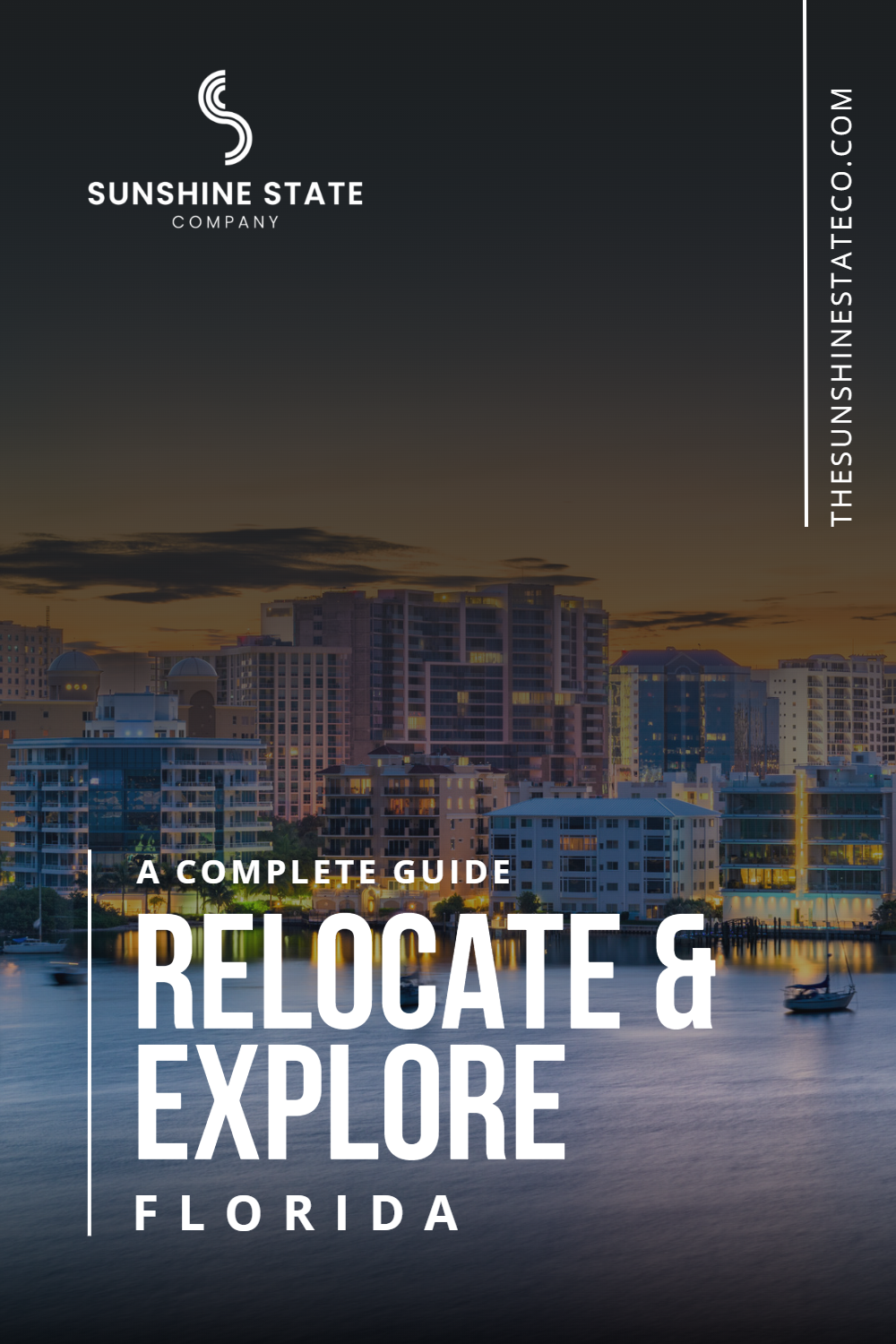
Sunshine State Company
Ready to take the next step?
Let's schedule a meting! During this initial consultation, we'll learn more about your situation and what you're seeking in a home. We'll provide advice and address any concerns you may have, in order to determine the best approach to achieving your goals. By the end of our conversation, we'll have a solid plan of action and next steps for moving forward.





